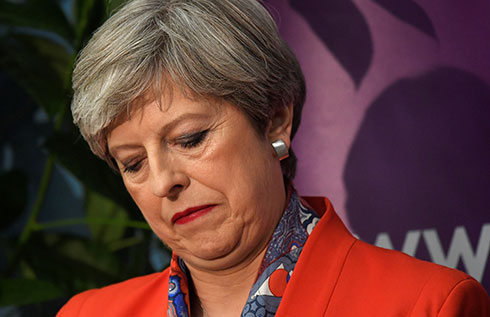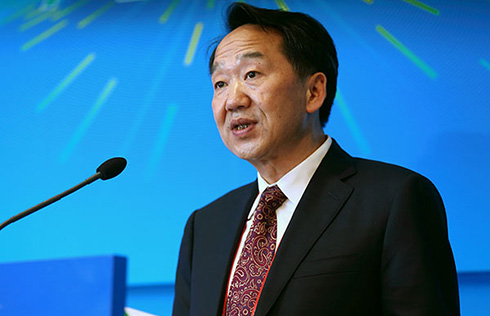Rousseff proposes referendum on political reform
BRASILIA - Brazil's President Dilma Rousseff Monday proposed holding a referendum on political reform in the wake of nationwide anti-government protests against corruption and poor public services.
Rousseff announced that she would propose a referendum to elect a Constituent Assembly, only to approve a political reform to deal with the social unrest in the country, following a meeting with state governors and city mayors from around the country.
"The people in the streets are demanding changes. The people are telling us they want more citizenship, they want quality public services, efficient mechanisms to fight corruption," said Rousseff.
The meeting was also designed to outline immediate joint actions to improve public services, such as transportation, healthcare and education, as Rousseff tries to find ways to resolve the demands expressed by the recent mass protests.
Rousseff proposed several basic measures in response to the protesters' demands, including strengthening the Public Healthcare System, improving public transportation, and earmarking 100 percent of oil revenues towards education, as well as political reform through a Constituent Assembly.
She added the political reforms should include harsher punishment for corruption, possibly even considering such crimes as a serious felony.
"We are going through a process of change, maybe the largest one the country has ever experienced," Rousseff affirmed.
The protests were originally sparked two weeks ago by a hike in bus and subway fares in Brazil's largest city Sao Paulo, but quickly spread to other cities. ?
Besides meeting with the regional and local leaders, Rousseff also met on Monday at the presidential palace of Planalto in the capital Brasilia with representatives of the Free Pass Movement, which launched the first demonstrations in Sao Paulo for affordable public transportation and promised to spend additional 50 billion reais ($25 billion) on improvement of public transport in the country.

























